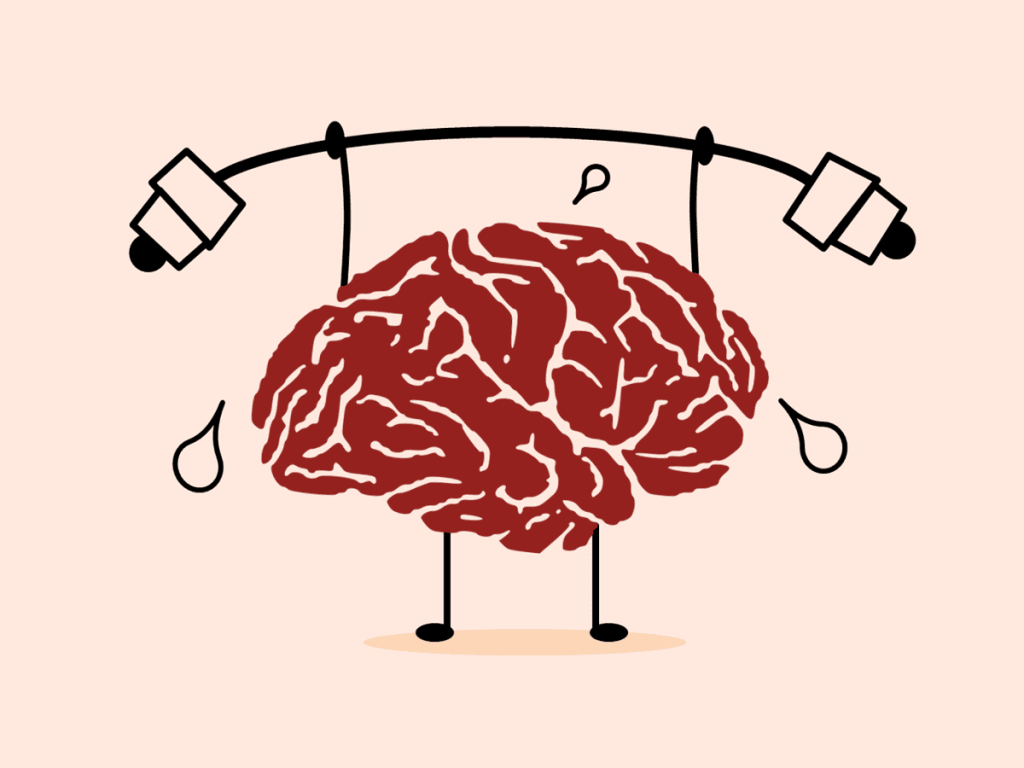
Exercise has long been recognized for its physical health benefits, but its positive impact on mental health is increasingly gaining recognition. In 2023, research continues to support the notion that exercise is not only beneficial for the body but also for the mind. Engaging in regular physical activity has been found to have numerous mental health benefits.
Firstly, exercise has been shown to reduce symptoms of anxiety and depression. Physical activity stimulates the release of endorphins, often referred to as the “feel-good” hormones, which can improve mood and alleviate symptoms of stress and anxiety. Additionally, exercise promotes the production of neurotransmitters such as serotonin and dopamine, which play key roles in regulating mood.
Furthermore, exercise has been found to enhance cognitive function and improve overall mental well-being. Regular physical activity can improve concentration, memory, and attention span, leading to increased productivity and mental clarity. It can also serve as a powerful tool for stress management, providing a healthy outlet for releasing tension and promoting relaxation.
Moreover, the mental health benefits of exercise are undeniable. Engaging in regular physical activity can help alleviate symptoms of anxiety and depression, enhance cognitive function, and contribute to overall mental well-being. Embracing exercise as a part of a comprehensive approach to mental health is essential in promoting a balanced and fulfilling life.
5 Mental Health Benefits Of Exercise
Exercise has a multitude of mental health benefits that contribute to overall well-being. Regular physical activity has been shown to reduce symptoms of anxiety and depression, boost mood, and improve self-esteem.
Exercise stimulates the release of endorphins, which are natural mood elevators. These endorphins help reduce feelings of stress and enhance feelings of happiness and well-being. Engaging in physical activity also increases the production of neurotransmitters like serotonin and dopamine, which are crucial for regulating mood and promoting a sense of calm and pleasure.
Furthermore, exercise can serve as a powerful stress reliever. It provides a healthy outlet for pent-up emotions and tension, helping to reduce anxiety and promote relaxation. Physical activity also aids in improving sleep quality, which is essential for maintaining good mental health.
Regular exercise has been found to enhance cognitive function and improve memory and focus. It can increase blood flow to the brain, promoting the growth of new neurons and improving overall brain health.
Engaging in exercise also offers social opportunities, whether through joining group fitness classes or participating in team sports. Social interaction and a sense of belonging are vital for mental well-being and can help combat feelings of loneliness or isolation.
- Reduced Symptoms of Depression and Anxiety: Exercise has been shown to have a positive impact on symptoms of depression and anxiety. Regular physical activity stimulates the release of endorphins, which are natural mood boosters. Exercise also increases the production of serotonin, a neurotransmitter known to regulate mood. These effects can help alleviate symptoms of depression and anxiety, promoting a more positive mental state.
- Improved Stress Management: Exercise is a powerful tool for managing stress. Physical activity helps to reduce the levels of stress hormones such as cortisol and adrenaline in the body. It provides a healthy outlet for releasing tension and pent-up emotions, promoting relaxation and a sense of calm. Engaging in exercise can also distract from stressors and give individuals a break from their daily worries.
- Enhanced Cognitive Function: Regular exercise has been linked to improved cognitive function, including enhanced memory, attention, and problem-solving abilities. Physical activity increases blood flow to the brain, promoting the growth of new neurons and improving overall brain health. These cognitive benefits can lead to increased productivity, better focus, and improved mental clarity.
- Boosted Self-Esteem and Body Image: Engaging in regular exercise can have a positive impact on self-esteem and body image. As individuals achieve fitness goals, they often experience a sense of accomplishment and increased self-confidence. Exercise can also improve body image by promoting weight management, toning muscles, and enhancing overall physical appearance. These improvements in self-esteem and body image contribute to better mental well-being.
- Increased Social Interaction: Many forms of exercise provide opportunities for social interaction and connection. Whether participating in team sports, joining group fitness classes, or simply exercising with a friend, engaging in physical activity with others can combat feelings of loneliness and isolation. Social interaction is essential for mental health, and exercise offers a platform for building relationships, fostering a sense of belonging, and enhancing overall well-being.
In summary, exercise offers multiple mental health benefits, including reduced symptoms of depression and anxiety, improved stress management, enhanced cognitive function, boosted self-esteem and body image, and increased social interaction. Regular physical activity is a valuable tool for promoting mental well-being and should be incorporated into a balanced lifestyle.
Conclusion
In conclusion, exercise has significant mental health benefits that contribute to overall well-being. Regular physical activity can help reduce symptoms of depression and anxiety, improve stress management, enhance cognitive function, boost self-esteem and body image, and increase social interaction. Engaging in exercise not only benefits the body but also has a positive impact on mental health.
By stimulating the release of endorphins, exercise acts as a natural mood booster, helping individuals experience more positive emotions. It also promotes the production of neurotransmitters that regulate mood, such as serotonin, leading to a greater sense of well-being. Exercise serves as a powerful stress reliever, providing a healthy outlet for tension and promoting relaxation.
Moreover, physical activity improves cognitive function, including memory, attention, and problem-solving abilities. It can boost self-esteem and body image by achieving fitness goals and enhancing physical appearance. Additionally, exercise offers social opportunities, fostering connections and a sense of belonging.
Incorporating regular exercise into one’s routine is a valuable strategy for promoting mental well-being and maintaining optimal mental health. Whether it’s through engaging in various forms of physical activity, joining group classes, or simply taking a brisk walk, exercise can have a transformative effect on mental health. Embracing the mental health benefits of exercise is a crucial step toward living a balanced and fulfilling life.
